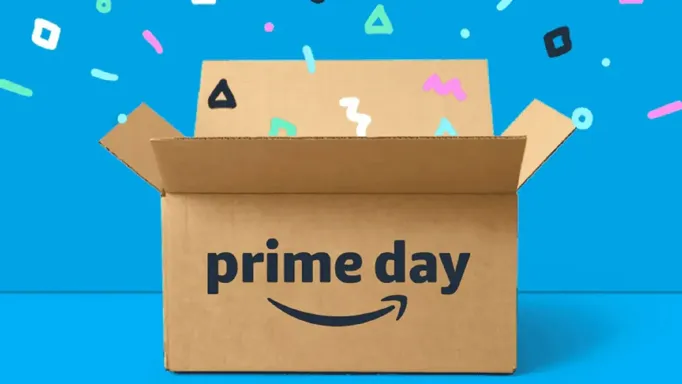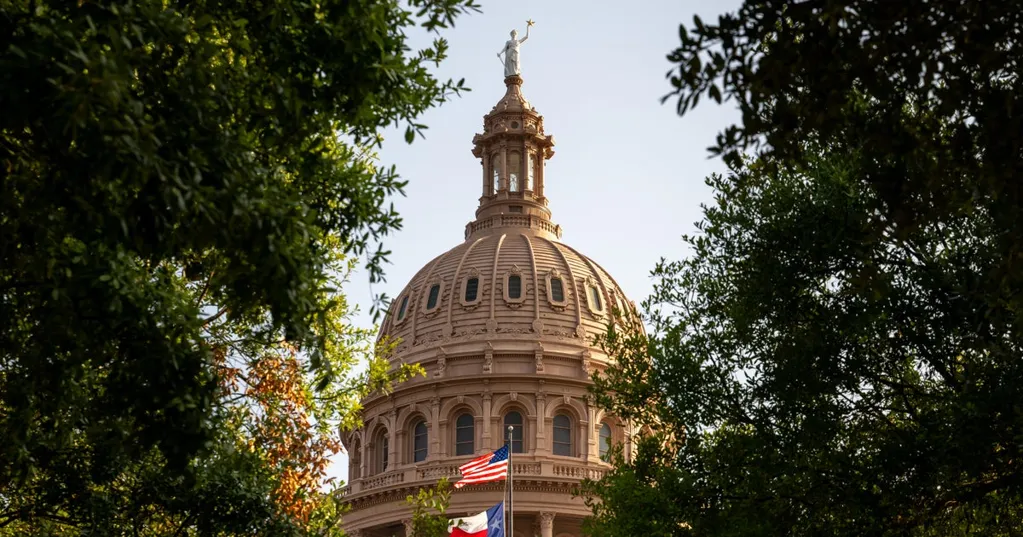As Amazon Prime Day approaches, cybersecurity experts and consumer protection organizations are issuing strong warnings about the surge in scams targeting online shoppers during this high-profile event. According to the Better Business Bureau (BBB), the volume of phishing attempts, counterfeit products, and fraudulent websites spikes significantly during major sales events like Prime Day.
Phishing Scams and Fake Websites
Phishing scams, where fraudsters impersonate legitimate companies to steal personal information, are particularly prevalent. Scott Knapp, Amazon's director of worldwide buyer risk prevention, highlights that common scams include fake order confirmations and bogus Prime membership issues. Consumers receive emails or texts appearing to be from Amazon, urging them to click on malicious links to resolve supposed problems.
Fake websites mimicking Amazon’s official site are another major concern. These sites often use similar URLs and design layouts to deceive shoppers into entering their payment information. The Federal Trade Commission (FTC) advises consumers to verify the legitimacy of websites by looking for "HTTPS" in the URL and avoiding sites that use pressure tactics.
Expert Tips to Avoid Scams
- Verify Communication: Always check the sender's email address or phone number. Legitimate communications from Amazon will come from an "@amazon.com" address.
- Inspect URLs: Ensure the website URL starts with "https://" and look for spelling errors or extra characters in the domain name.
- Be Skeptical of Deals: If a deal seems too good to be true, it probably is. Cross-check prices on Amazon’s official website.
- Enable Multi-Factor Authentication (MFA): Adding an extra layer of security to your Amazon account can help prevent unauthorized access.
Consumer Education and Vigilance
Experts emphasize the importance of consumer education in mitigating the risk of scams. The BBB and FTC regularly publish guidelines and updates on current scam tactics. Shoppers are encouraged to report any suspicious activity to Amazon and relevant authorities to help prevent the spread of these fraudulent activities.
By staying informed and cautious, consumers can enjoy the benefits of Amazon Prime Day while minimizing the risk of falling victim to scams.
For more information on how to protect yourself from scams, visit the Better Business Bureau and Federal Trade Commission websites.






